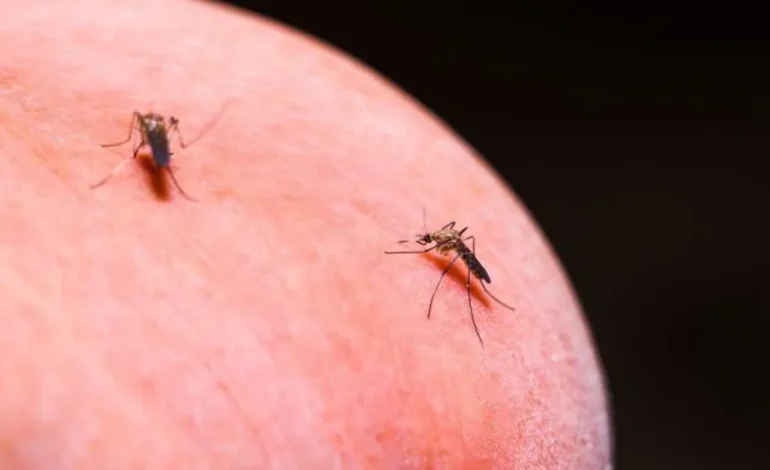A novel approach to malaria control proposes treating mosquitoes directly with antimalarial drugs to clear the parasites they carry, potentially preventing transmission to humans.
Researchers at Harvard University have identified two compounds that, when absorbed by mosquitoes, effectively eliminate malaria parasites without killing the insects.
Malaria, caused by Plasmodium parasites and transmitted through the bites of infected female Anopheles mosquitoes, remains a major global health challenge. Despite significant progress in reducing malaria cases, the disease still causes nearly 600,000 deaths annually, mostly among children. Current control strategies rely heavily on insecticide-treated bed nets, which act as a physical barrier and kill mosquitoes on contact. However, growing insecticide resistance in mosquitoes has diminished the effectiveness of these nets.
The Harvard-led research, published May 21, 2025, in Nature, investigated the potential of repurposing antimalarial drugs to target the parasites within mosquitoes rather than killing the mosquitoes themselves. By screening 81 antiparasitic compounds, the team identified 22 candidates that impaired parasite development in the mosquito. Further testing narrowed this to two highly potent drugs that block parasite mitochondrial functions, leading to 100% parasite clearance at low doses.
When incorporated into bed net-like materials, these compounds remained active for up to a year and were effective even if mosquitoes contacted the treated nets several days before feeding on an infected host. This suggests that the drugs could prevent mosquitoes from becoming infectious and thereby reduce malaria transmission.
“This strategy offers a promising new direction for malaria control by targeting the parasite inside the mosquito, potentially extending the lifespan and effectiveness of bed nets,” said Dr. Alexandra Probst, lead author and doctoral student at Harvard T.H. Chan School of Public Health.
Co-author Dr. Dyann Wirth added that focusing on the parasite rather than the mosquito could reduce the development of resistance and maintain long-term efficacy.
The researchers are planning field trials in Ethiopia to evaluate the real-world effectiveness of these antimalarial-treated bed nets. If successful, this approach could complement existing insecticide treatments by combining both methods to tackle mosquito resistance.
Despite these encouraging findings, experts emphasize that further research is necessary before widespread implementation. Current guidelines still recommend conventional insecticide-treated nets and vaccination where available as primary tools for malaria prevention.
The study received funding from the National Institutes of Health and several philanthropic organizations, highlighting ongoing support for innovative malaria control strategies amid concerns about future research funding.
With input from BBC, Harvard T.H. Chan, and Nature.










The latest news in your social feeds
Subscribe to our social media platforms to stay tuned